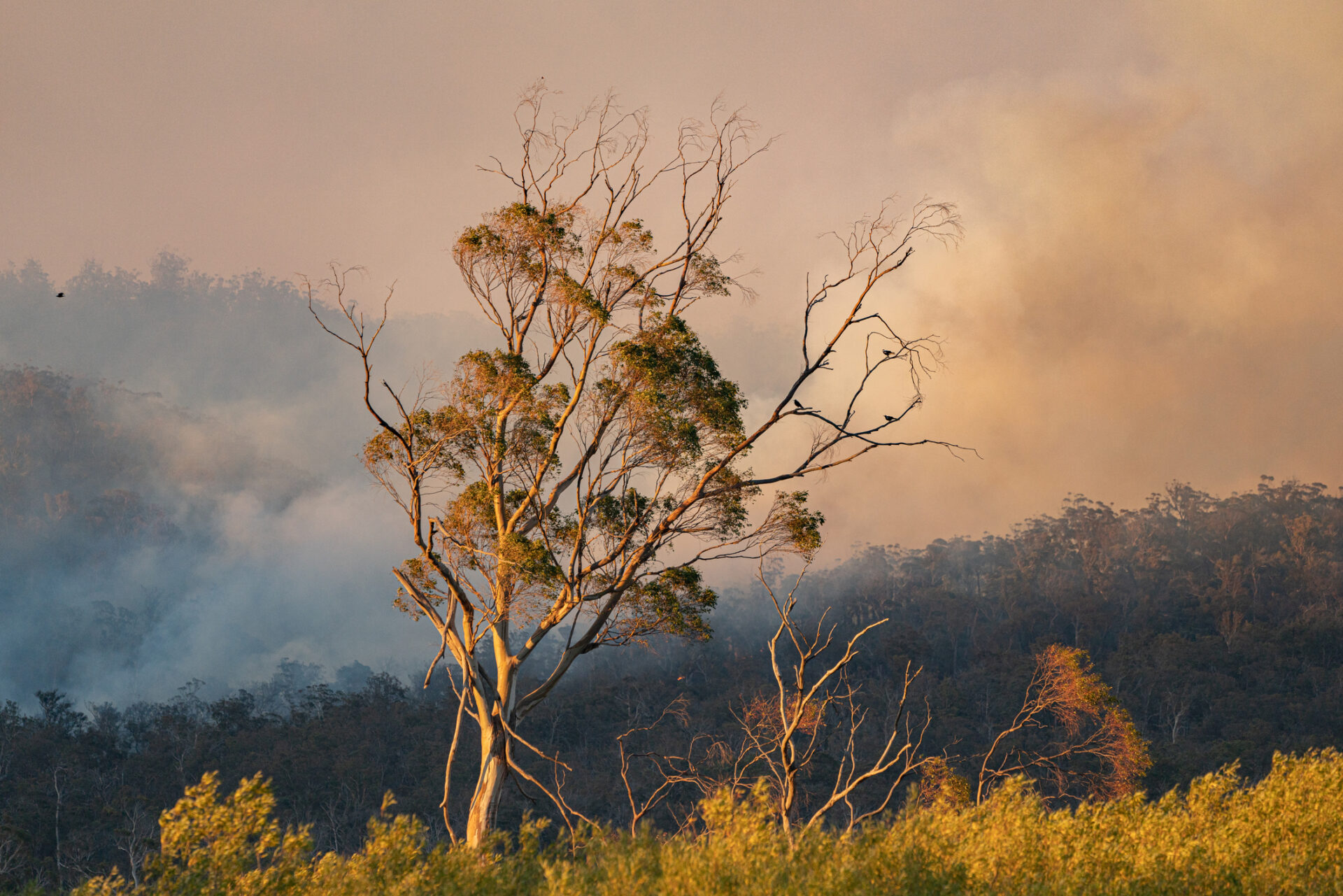Australia has stunning sights, yet it must regularly confront the furious bushfires that can harm air quality and pose serious health dangers. The country often faces rising temperatures and frequent droughts, leading to repeated encounters with these dangerous natural disasters; consequently, spreading bushfire smoke becomes a considerable and lasting issue.
Understanding how to protect your health during these periods is crucial. Here’s your guide on essential bushfire safety tips.

Create A Plan
Maybe the most vital thing is to make up a plan. It means you have a clear guide on what to do even in a hectic situation. So, start by sitting with your family and making a short but detailed list of actions for when there is a bushfire. You can mention the time for departure, items to carry along, place of gathering, transportation arrangements to reach the meeting spot, contact person and backup plans.
Stay Informed
Keep gathering the latest information about air quality reports and bushfire advisories in your area. Australia provides various tools, such as the Air Quality Index (AQI), by state-based environmental protection agencies or health department websites that offer immediate updates on the amount of particulate matter present.
Seal Your Environment
If the air is full of smoke, staying inside is the first and most important thing to do at once. Close all windows, doors, and vents to make a clean-air place in your house. Use an air purifier with a High-Efficiency Particulate Air filter to remove particles from the indoor atmosphere. If you do not own one, an alternative you can make at home is connecting a HEPA filter with a box fan.
Use the Right Mask
A common misconception is that any mask will protect against smoke particles. However, regular dust masks or cloth masks offer little defence. Use a P2 or N95-rated mask to filter out fine particles for adequate protection. Make sure the mask fits tightly and seals around your nose and mouth.
Minimise Physical Activity
When the air quality is poor, it’s better to reduce outdoor physical activities that make your breath faster and draw more smoke into your lungs. If exercise is necessary, do it inside a room with good sealing and air filtration.
Manage Health Conditions
People with pre-existing conditions need to be very careful. Those with asthma should follow an action plan, keep medications nearby and have frequent discussions with their healthcare professionals. The same applies to those with heart conditions or other respiratory illnesses.
Keep Hydrated
Drinking enough water is a basic method for lessening certain health impacts caused by smoke. Hydration helps moisten the mucous membranes in the throat and nostrils, making them more capable of trapping and removing dust and ash before they enter the lungs.
Prepare for Evacuations
Also, prepare for the potential need to evacuate if a bushfire is nearby while taking steps to minimise contact with smoke. Have a bag ready with essentials called a ‘go bag’, including medications, crucial papers and protective clothes.
Protect the Vulnerable
Make sure to shield young children, older adults, and pets from smoke as much as possible. Also, be careful about any signs of distress or crises they may show (like coughing or breathing difficulties).
Conclusion
Smoke from bushfires can cause health problems, but knowing about them and being ready can help lessen the effect on you and your family. In an emergency, everyone needs to come together as one community. Look after your neighbours who need help keeping smoke away from their houses. But remember that your health is paramount; take all necessary steps to protect it against bushfield smoke.
Keep an eye for more news & updates on TribuneTribune!




